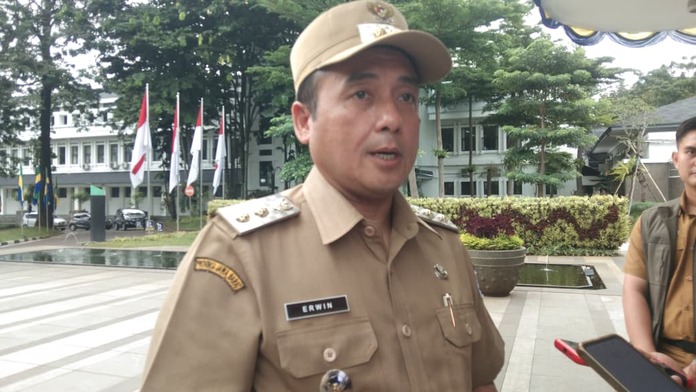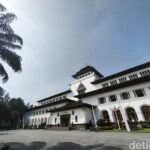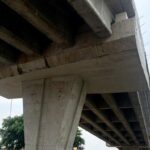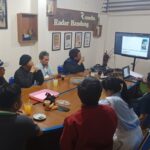BANDUNG – The city of Bandung is facing a complex challenge in waste management following the implementation of Circular Letter No. 6174/PBLS.04/DLH dated August 1, 2025. The circular, which took effect on September 1, 2025, limits waste disposal to the Sarimukti Final Disposal Site in West Bandung Regency.
Bandung Deputy Mayor Erwin explained that this new policy changes the waste disposal system from trip-based to tonnage-based calculations. Previously, Bandung was permitted to dispose of approximately 140 trips per day, equivalent to 1,200 tons. However, according to the circular, this amount has been reduced to 981 tons per day.
“This means there’s a reduction of about 220 tons every day, and that becomes our first obstacle,” said Erwin when met at Bandung City Hall.
In addition to the tonnage restriction, Erwin also explained that Sarimukti TPA now also closes operations on Sundays. This decision adds to the burden because approximately 1,500 tons of waste that is usually transported automatically accumulates.
“If calculated, the remaining waste that cannot be transported in one day reaches 520 tons. Over six working days, it could accumulate to 2,160 tons, and with the closure on Sunday, the monthly accumulation could reach more than 10,000 tons,” he explained.
According to records from the Bandung City Environmental Agency, the city’s current internal capacity is only about 160 tons per day through incinerator facilities and other processing technologies. With these numbers, there are still 360 tons of waste that truly accumulates every day. In one week, this amount reaches 2,680 tons, and when calculated over one month, the remaining unmanaged waste could reach 10,720 tons.
Erwin emphasized that this policy is not only a challenge for the government but also requires public awareness and active participation. The Bandung City Government is encouraging every neighborhood to implement the Waste-Free Area program. Neighborhood association heads in various areas are asked to become driving forces in reducing household waste from the source.
“We want every neighborhood association to take action. If neighborhoods can reduce waste from homes, the city’s burden can be lighter,” he said.
In addition to relying on community participation, the Bandung City Government continues to optimize incinerator facilities distributed across several Temporary Storage Sites. These waste incinerators are expected to reduce waste generation more quickly. Cooperation with third parties is also open, including private entities ready to help with certain fee systems.
“We have no choice but to cooperate with various parties. Without collaboration, this problem will be difficult to solve,” Erwin emphasized.
Although the restriction policy has been in effect for almost a month, Erwin ensures that Bandung’s condition remains under control. Some waste piles are indeed visible at several points, but they haven’t caused major disruptions on roads or in residential areas. This is thanks to the hard work of cleaning staff and support from various parties assisting with transportation and processing.
“Thankfully, until now it can still be managed. We’re working extra hard to keep Bandung clean even though the situation is difficult,” he added.
Furthermore, the Bandung City Government hopes for continued communication with the West Java Provincial Government. The Bandung Mayor is scheduled to soon hold direct talks with the Governor to seek more permanent solutions.
“We hope for the best solution from the provincial government so that Bandung’s waste doesn’t continue to accumulate,” said Erwin.
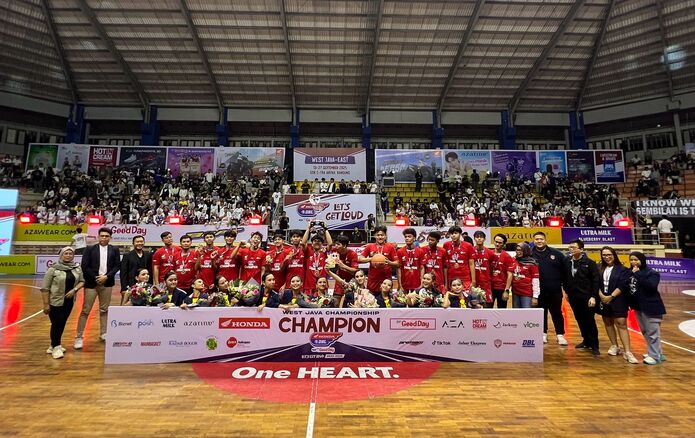
BANDUNG – The Honda Development Basketball League (DBL) 2025 West Java Series officially concluded on September 26,

